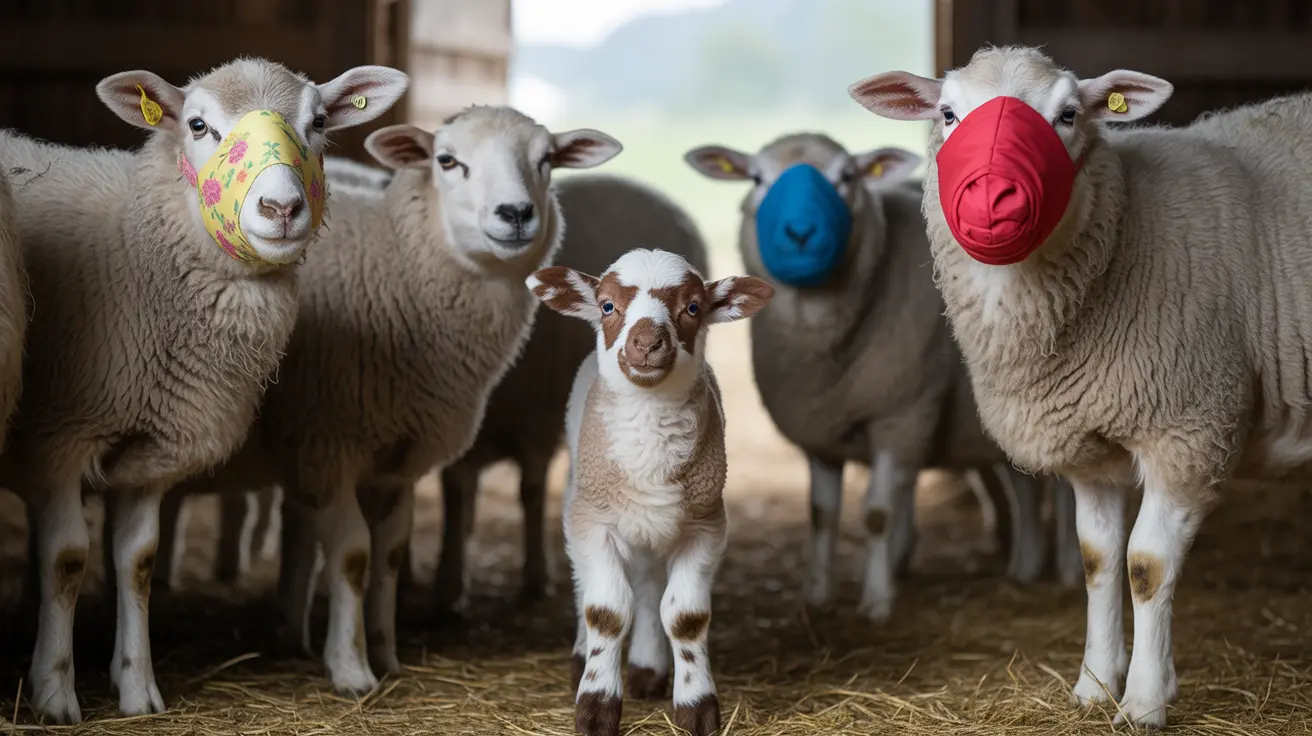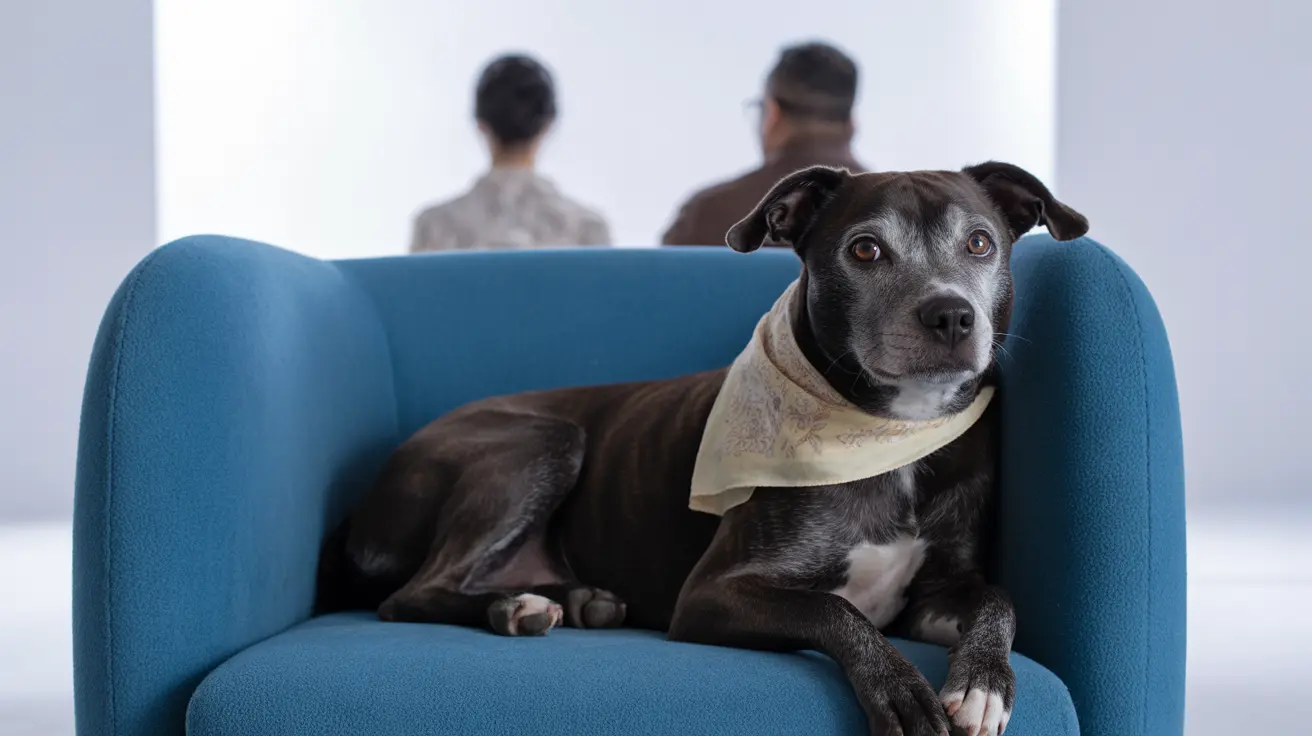Do Male or Female Shih Tzus Live Longer?
The Shih Tzu is a beloved toy dog breed known for its affectionate nature, elegant appearance, and strong historical ties to ancient Chinese royalty. A common question among current and prospective Shih Tzu owners is whether
male or female Shih Tzus tend to live longer. According to breed data and veterinary observations,
female Shih Tzus generally outlive males by approximately 1 to 1.5 years. This article explores the factors that contribute to these lifespan differences, along with care strategies to maximize any Shih Tzu's longevity.
Lifespan Overview of the Shih Tzu
The
average lifespan of a Shih Tzu ranges between 10 and 16 years. However, with proper care,
some Shih Tzus live 18 to 20 years, and there have even been
rare cases reaching up to 23 years. This makes the breed one of the longer-lived among toy dog breeds.
Why Female Shih Tzus Tend to Live Longer
Several factors may contribute to the slightly longer lifespan of female Shih Tzus:
- Hormonal differences: Estrogen may offer protective benefits for heart health and resistance to stress-related illnesses.
- Behavioral tendencies: Females may engage in less risk-taking behaviors compared to their male counterparts.
- Health management: Spaying female dogs can reduce the risk of certain cancers and reproductive diseases, contributing to longer life expectancy.
Genetic and Environmental Influences
Lifespan is influenced not only by sex, but also by genes, lifestyle, and living conditions. Here are some key influences:
- Genetics: The Shih Tzu descends from a limited genetic pool from early 20th-century China. Ethical breeding practices help reduce hereditary ailments.
- Diet and exercise: A balanced diet and regular physical activity are critical to managing weight and preventing obesity-related health issues.
- Preventative healthcare: Regular vet visits, vaccinations, and dental care are essential for a longer, healthier life.
Common Health Concerns in Shih Tzus
Both male and female Shih Tzus share vulnerability to specific health conditions:
- Brachycephalic Obstructive Airway Syndrome (BOAS): Their flat faces can cause breathing issues, particularly in heat.
- Eye disorders: Due to their prominent eyes, Shih Tzus are prone to corneal ulcers and dry eye.
- Dental disease: Crowded teeth increase the risk of infections.
- Joint problems: Patellar luxation and hip dysplasia can affect mobility.
How Owners Can Help Extend Their Shih Tzu’s Life
Whether you own a male or female Shih Tzu, you can take specific steps to promote longevity:
- Nutrition: Provide a high-quality diet tailored to your dog's age, weight, and health conditions.
- Exercise: Daily walks and short play sessions keep them fit and mentally stimulated.
- Grooming: Routine brushing, ear cleaning, and dental hygiene minimize risk of infections and other issues.
- Spaying/neutering: Besides population control, this can help prevent some health problems down the road.
The Role of Spaying and Neutering
Spaying and neutering have substantial health benefits:
- Reduces risks of reproductive cancers.
- Eliminates heat cycles, which can reduce stress and behavior issues.
- May reduce aggression and roaming in males, lowering the chance of injury.
These procedures also level the playing field somewhat when it comes to
lifespan differences between sexes.
Improving Quality of Life for All Shih Tzus
Quality of life directly influences how long a Shih Tzu lives. Tips include:
- Maintain a calm and secure living environment, especially since Shih Tzus are prone to separation anxiety.
- Keep them indoors during hot weather, prioritizing cool and well-ventilated spaces.
- Regularly check for symptoms of illness, such as lethargy, appetite loss, or coat changes.
Conclusion
While female Shih Tzus tend to live longer than males by around 1.5 years, this is a generalization and not a guarantee. The best way to ensure a long and happy life for your Shih Tzu—regardless of gender—is through
responsible care, proper nutrition, regular veterinary visits, and a stable, loving home.
By investing in your Shih Tzu’s health and well-being, you pave the way for a cherished companion to stay by your side for many joyful years.





